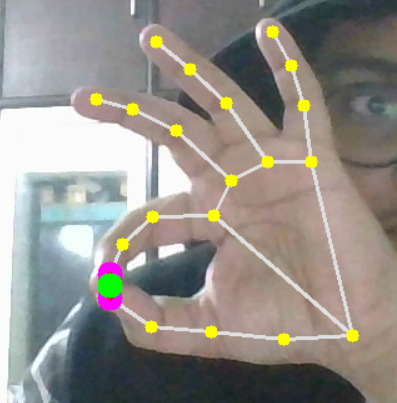gradsim
gradSim: Differentiable simulation for system identification and visuomotor control
gradSim is a unified differentiable rendering and multiphysics framework that allows solving a range of control and parameter estimation tasks (rigid bodies, deformable solids, and cloth) directly from images/video. Our unified computation graph — spanning from the dynamics and through the rendering process — enables learning in challenging visuomotor control tasks, without relying on state-based (3D) supervision, while obtaining performance competitive to or better than techniques that rely on precise 3D labels.
This repo is currently a stub. To be notified when code is released, plese "subscribe" to this issue.
Citing gradSim
For attribution in academic contexts, please cite this work as
Citation
Jatavallabhula and Macklin et al., "gradSim: Differentiable simulation for system identification and visuomotor control", ICLR 2021.
BibTeX citation
@article{gradsim,
title = {gradSim: Differentiable simulation for system identification and visuomotor control},
author = {Krishna Murthy Jatavallabhula and Miles Macklin and Florian Golemo and Vikram Voleti and Linda Petrini and Martin Weiss and Breandan Considine and Jerome Parent-Levesque and Kevin Xie and Kenny Erleben and Liam Paull and Florian Shkurti and Derek Nowrouzezahrai and Sanja Fidler},
journal = {International Conference on Learning Representations (ICLR)},
year = {2021},
url = {https://openreview.net/forum?id=c_E8kFWfhp0},
pdf = {https://openreview.net/pdf?id=c_E8kFWfhp0},
}





